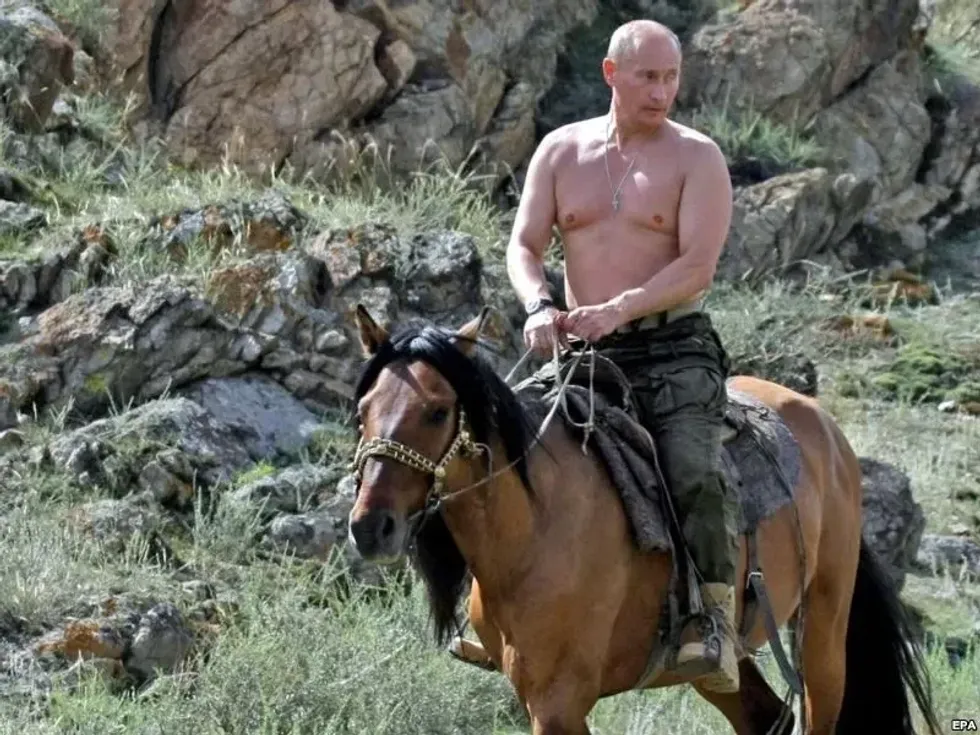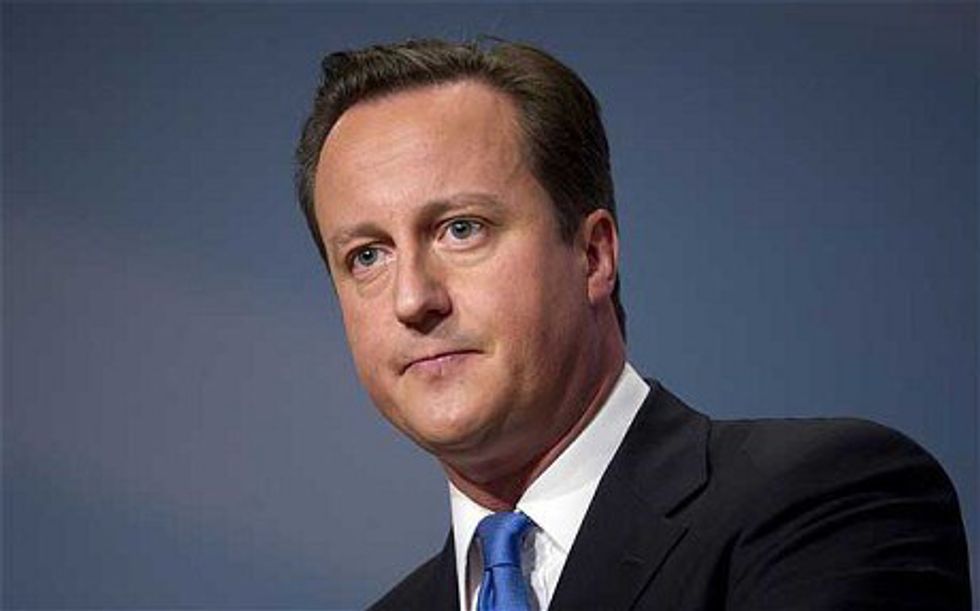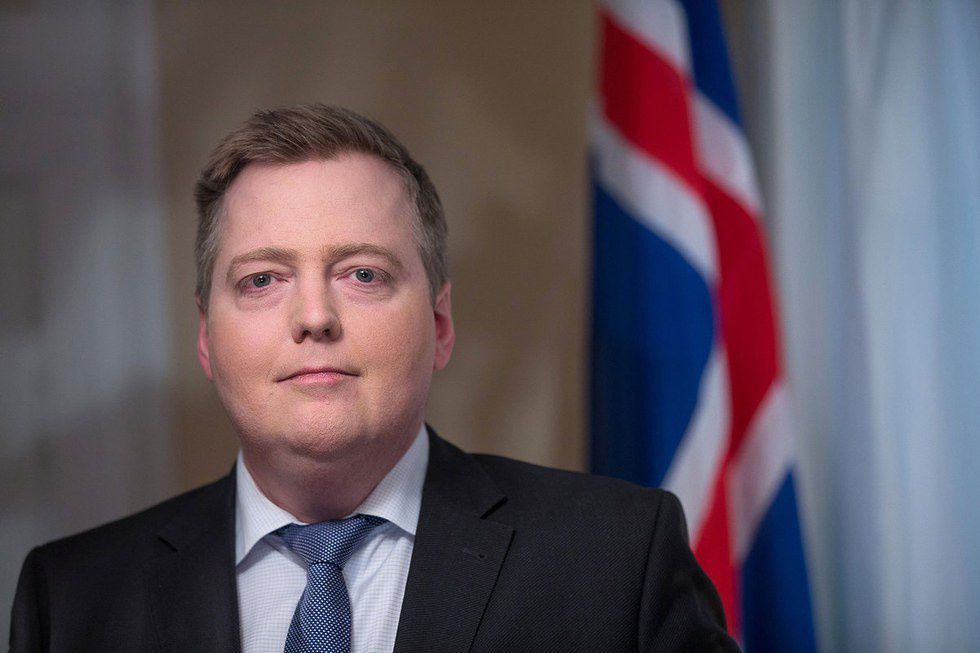On Sunday April 3rd, 110 News Agencies across the globe simultaneously released their reports on what they termed the “Panama Papers”. The Panama Papers are a collection of 11.5 million files from the database of the Panamanian offshore firm Mossack Fonesca (MF). This alone is monumental because the 11.5 million files represent 2.6 Terabytes of information (for the casual computer user, 2.6 terabytes is 2663 Gigabytes; most USB drives are anywhere from 4 to 16 GB) from MF, the fourth largest offshore firm in the world.
The story is as important as it is complex and appears at first to be overwhelming due to the massive amounts of financial jargon they contain. I recently spoke with my grandmother, Marilyn McBride, on the phone and the Panama Papers came up. Since I had done some reading on them, I broke them down to her without all of the big words and was really happy with the outcome so I thought I would share it here since I feel the importance of the Panama Papers has not been articulated well.
Marilyn McBride: So what are the Panama papers?
Josh: The Panama Papers are 11.5 million files from the database of MF, an offshore firm.
M: What do the files tell us though? Why is it being covered by like every news outlet?
J: First of all, this is the largest leak in history. To put the size in perspective, the Panama Papers are almost 16,000 times larger than the original leak in 2010 from Julian Assange and WikiLeaks. Aside from being historically large, they show us not only the countless number of ways the rich can exploit offshore tax regimes, but also exactly who has taken advantage of those offshore tax regimes.
M: So this is kinda like that scene in “The Wolf of Wall Street” right? You know, where Leonardo DiCaprio has to figure out how to get as much of his money as possible into Switzerland?
J:Yes, in some cases. But Leo was actually committing fraud and corruption.
M: So it’s illegal to do that then? Why is this only a big deal now?
J: No, not exactly. It can be done legally or illegally. For instance, Leo’s character was committing fraud and money laundering. There are many clients who use various offshore accounts to launder money and therefore are corrupt criminals. This is a big issue now because we have access to files that can be used as evidence.
M: But you said it can be done legally, how?
J: Well some people use offshore firms to protect their money. For instance in countries like Russia and Ukraine businessmen regularly put their money in offshore firms to protect it from “raids” from criminals.
M: So it keeps their money safer?
J: Yes! Offshore accounts provide safety from political and financial instability since the government cannot freeze your assets if they are located outside of their jurisdiction. Plus there is an added level of privacy. In the U.S., foreign assets totaling $10,000 or more must be reported. By staying under that limit and meeting a handful of other requirements, you can avoid having to report your foreign investments.
M: So why is it a big deal then? I mean obviously a crime is a crime, but who cares about everyone else? Rich people have been doing this for a long time, why are we supposed to care all of the sudden?
J: Well there are a few reasons. First of all it is a celebrity factor. We never really see this kind of thing so clearly, it usually happens in movies, like “Wolf of Wall Street”. The Panama Papers are allowing us for the first time to see who exactly is using these offshore accounts and we can eventually figure out what they were doing with it. Included in this list of clients are many important people from celebrities, athletes and billionaires to 143 politicians, including 12 national leaders, around the world. For instance, a $2 billion trail of files and money documented in the Panama Papers lead back to Russian President Vladimir Putin.
M: Ok, so the media loves celebrities, but aren’t people like actually upset about it?
J: People are upset about it for a few reasons. First of all, the Panama Papers can provide evidence in cases where there was already suspicion of corruption in the government. Take Britain’s Prime Minister, David Cameron and Iceland’s Prime Minister, Sigmundur David Gunnlaugsson for example.
M: Didn’t the guy from Iceland resign the other day?
J: Yes, he did. He came under fire for a conflict of interests with his secret offshore accounts. David Cameron is being called a hypocrite for arguing for greater financial transparency while he and his family actually held secret offshore accounts.
M: Ok so that sounds pretty bad, but there’s always gonna be some corruption in government right?
J: Well I guess so, but that’s pretty pessimistic. But this is about more than just right and wrong. We have to look past whether offshore accounts like this are legal or illegal.
M: What do you mean “look past”? If it’s illegal then put them in jail, if it’s not then we all carry on about our lives.
J: But we have to look at what’s really right. Not just what’s legal but what is morally right. Can a country best serve its citizens if it allows for people to avoid paying taxes just because they are savvy enough to know where to put their money?
M: Wait, first of all what do you mean avoid paying taxes? How is that legal?
J: So, this is where it gets complicated. Obviously, different countries have different tax laws. Certain countries are considered “tax havens” such as Switzerland, Cyprus and the British Virgin Islands because they have much lower tax rates than would be found in countries like the U.S. and the U.K. So while it is legal, the outcome is a loss of tax dollars for the country where the money would have come from.
M: Okay, so the country loses tax revenue, how is that a moral issue? I mean laws are laws.
J: Well there are ramifications from the loss of tax revenue. It may not mean as much in the U.S. because we are such an industrialized and advanced nation, but let’s look at one case brought to light by the Panama Papers. A client of MF paid to have the address of the oil field in Uganda they wanted to sell moved to a different country, a tax haven, in order to avoid paying close to $400 million in taxes.
M: Wow, that is a lot of money to me, but to a country that’s just a drop in the bucket, right?
J: Maybe to the U.S. but Uganda is a poor nation. The $400 million in missing tax revenue is more than what is spent per year on public healthcare. In a nation where one out of 3 people lives on less than a dollar a day, patients had to procure their own medical supplies in order to increase their chances of receiving medical care.
M: Oh. So I guess that is a pretty big deal.
J: Yeah and that’s just one example. We don’t know how many more cases like this we will find until authorities have searched through all the documents and connected the dots. That’s part of the reason that offshore banking has come under fire lately, even before the Panama Papers were released. People had already been connecting some of the dots with what little information they could gather and found that some companies had been using offshore accounts to fund and pay for fuel for the Syrian Air Force, which countries including the U.S. and the U.K. had banned in 2014.
M: Wait, why is this still legal then? It seems like it’s pretty obvious that this is not a good thing for most people involved.
J: That’s the issue, it’s not good for the people affected by it, but the people who are saving money in paying lower taxes are profiting from it. The rich have the most power and until now were doing all of this in secret. Now that it is coming to light, there will be an increased push for regulations to cut down on offshore banking in order to avoid loss of tax revenue and in an attempt to stem corruption.
Please note that this is not an exact transcript of how our conversation, I added details for clarity and included hyperlinks for more background information. One of the best sources I have found has been a video produced by the International Consortium of Investigative Journalists, the group that was the first to be contacted by the anonymous source who leaked the Panama Papers. The ICIJ then went on to contact major news organizations and created a team to dig through them in order to tell the full story.
























